Direct-to-consumer is coming to the alcohol industry
I talk about some opportunities to build a direct-to-consumer relationship in the alcohol industry
Hi Sellers,
Apologies I've been MIA for a few weeks. Part of my strategy when publicly building out B2BSG is to acquire knowledge and then share with the group. In this post I want to talk about the relationship or lack-thereof we have with our alcohol manufacturers.
It recently dawned on me that I've never had any communication with my favorite liquor and alcohol brands. Why so? I spend quite a bit of money on these purchases and to be frank I do enjoy a drink after a long day.
I’m sure I’m not the only one who feels this way. So I want to talk about the opportunities that exist for alcohol manufacturers, if they commit to building a DTC relationship.
First off,
Have you ever felt overwhelmed with the selections at your local liquor store. Like you're talking to the bottles but getting no response. Just bottles flowing with all kinds of alcohol staring back.
Alcohol choice is very specific to each person. Preference is acquired through repeated consumption, which becomes an acquired taste i.e. beer vs whisky lovers. Preferences can get even more specific within an alcohol category - kraft beer vs lager/stout.
The challenge for alcohol manufacturers is how to
Capture the consumers attention & spend
Become an acquired taste to the consumer
Build loyalty & become the go to beverage of choice over other brands fighting for the consumer's attention.
A brief history of our relationship with Liquor
Alcohol laws have come under great scrutiny over the last century. Prohibition was supposed to curb the consumption of alcohol in the 1920s, including incidents of domestic violence and drunken arrests. By 1933, Prohibition was abolished. The data says 20 years after prohibition, alcohol consumption rose and even surpassed pre-prohibition levels.
Today laws for alcohol consumption & distribution are documented in the Federal Alcohol Administration Act. The 190-pg document defines the relationship between distillers, distributors & retailers of alcohol.
To summarize, alcohol manufactures are prohibited from distributing or retailing alcohol direct to the consumer. Save for small wineries and breweries who can sell direct to consumer, Distribution is exclusively handled through approved distributors. The act heavily regulates the relationship and has historically defined the boundaries of the alcohol business.
Taxes are also a major factor, the FAAA taxes alcohol in any state its manufactured, warehoused or retailed. The Tax implications are a nightmare for manufacturers and is enough to turn a blind eye to.
But, How much is at stake here?
Alcohol consumption is down. Millennials are a health conscious generation, and data points to the fact that beer consumption has declined from peaks in the ‘80s. Consumers prefer a healthier choice. Take Seltzers - a low calorie & low sugar alternative to beer. It’s great by itself and even better as a mixer with liquor.
Seltzers are the fastest growing product in the drink market. Sales have increased 188% to $3.2B from 2019. Brand representation on shelves increased to 65 from 18 brands in 2018.
Fun-fact: Seltzers sales represent less than 5% of all alcohol sales.
Historically, the beverage industry has leveraged mass media to market alcohol to consumers. Campaigns usually leverage celebrity & humor to sell product with catchy ads and great tag-lines.
On the other hand, the industry has not really explored a direct-to-consumer relationship. In this post, I’m going to talk about how a rewards program could drive real engagement and build community for an alcohol brand.
I’m member of a few loyalty programs myself and experience first hand the strong attachment I have to my brands. I never book a hotel that’s not a Hilton or I try my possible best to fly Delta.
The opportunity to convert casual consumers to lifelong evangelists is an interesting proposition and as consumer discretionary spending continues to shrink, brands must explore engaging ways to connect with the consumer.
Take Sephora, the beauty supplier whose Beauty Insider Rewards Program is one of the best in retail. Sephora carries products from multiple beauty suppliers and rewards dollar purchases with points - 1 point for $1 spend.
Ok, so a manufacturer is interested. What's a go-to-market strategy for a rewards program?
Barcoding & labelling technology has experienced massive leaps over the past 2 decades. I envision a go-to-market strategy involving:
A unique QR Code imprinted & labelled on bottles, which when scanned with a phone camera take the consumer to a landing page for a sign up to the rewards program. The landing page doubles as a purchase log. Using the unique bar code identifier imprinted on every bottle/can to log purchases.
This is a low-cost strategy and would only require the addition of a QR code to the bottle labels.
Malibu does an awesome job of using NFC technology and QR coding as part of their summertime promotion of MalibuGames.
The reward points can be used as cash back via a point loads to a credit card, Flight rewards, exclusive access to bars/lounges (similar to a SkyMiles program), etc. A tiered reward system gives a feeling of exclusivity with the consumers and encourages loyalty
Merchandizing is another revenue generator brands can leverage. See how McDonalds leveraged Travis Scott's fanbase to sell McDonalds inspired Merchandise

Tesla does a great job of this too. recently selling a bottle of branded Tequila as a collectors item. Bottles are sold-out and retailed for $250/bottle. This really opened up the brand to the consumer as 'cool' and certainly top-of-mind.
What are some business decisions I can make from a rewards program?
Rewards program provide a deeper understanding of consumer buying habits. Manufacturers can leverage consumer purchase data, to pitch other brands within their catalogue that matches consumers taste.
Intelligence opens up opportunities for exclusives and first looks at new products coming to market and can leverage off consumer location data to suggest where to purchase.
I’ll leave you with this..
In a world where the consumer is constantly bombarded with information from rival brands, the brands who stay ahead of the competition constantly explore ways to deepen their consumer relationships. They think:
How can I keep myself top of mind with the consumer?
What information can I provide that will help create a better tasting experience for the consumer?
Are we environmentally conscious?
How does the magic happen?
Are there any social program we support in the local community?
These are some of the questions the millennial consumer is asking? a rewards program is a good place to start exploring this relationship.
What do you think? Leave a comment below
If you enjoyed today’s email, subscribe now to receive future emails directly in your inbox


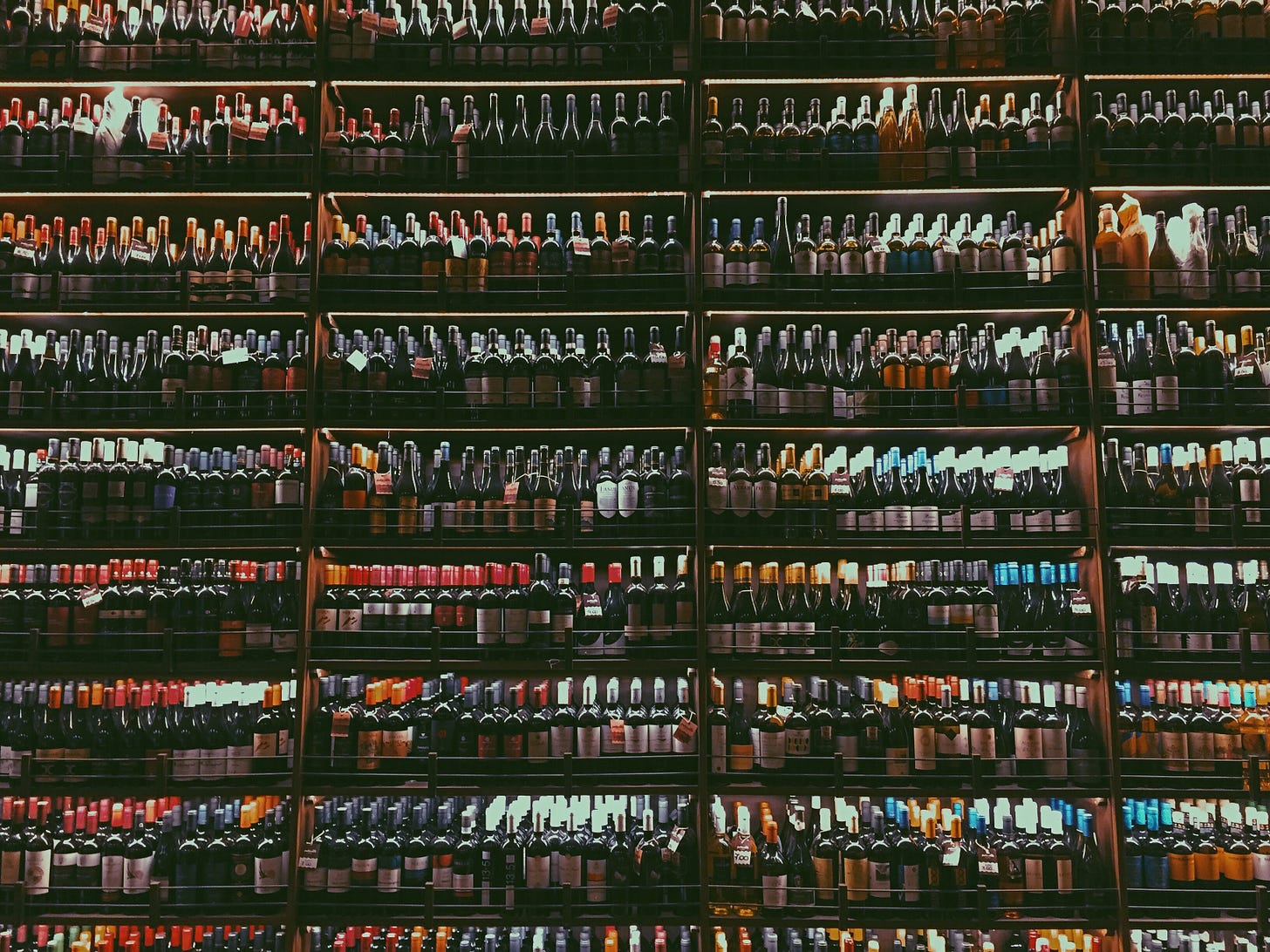
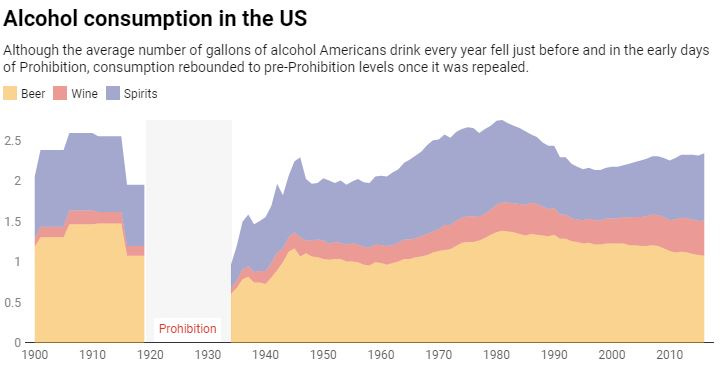
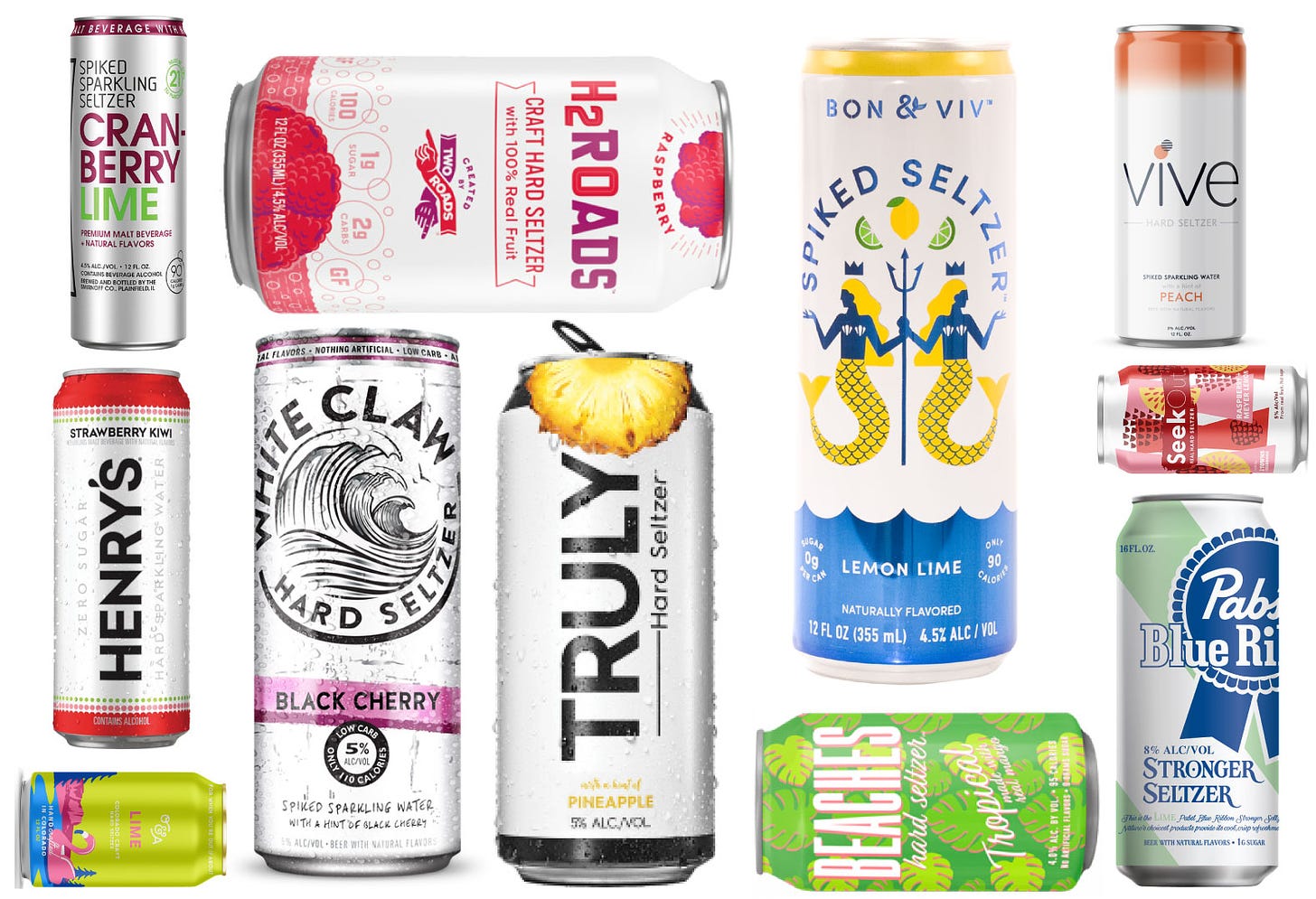
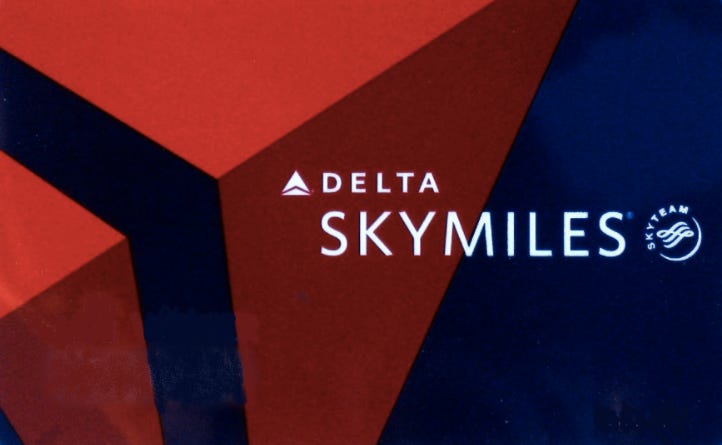
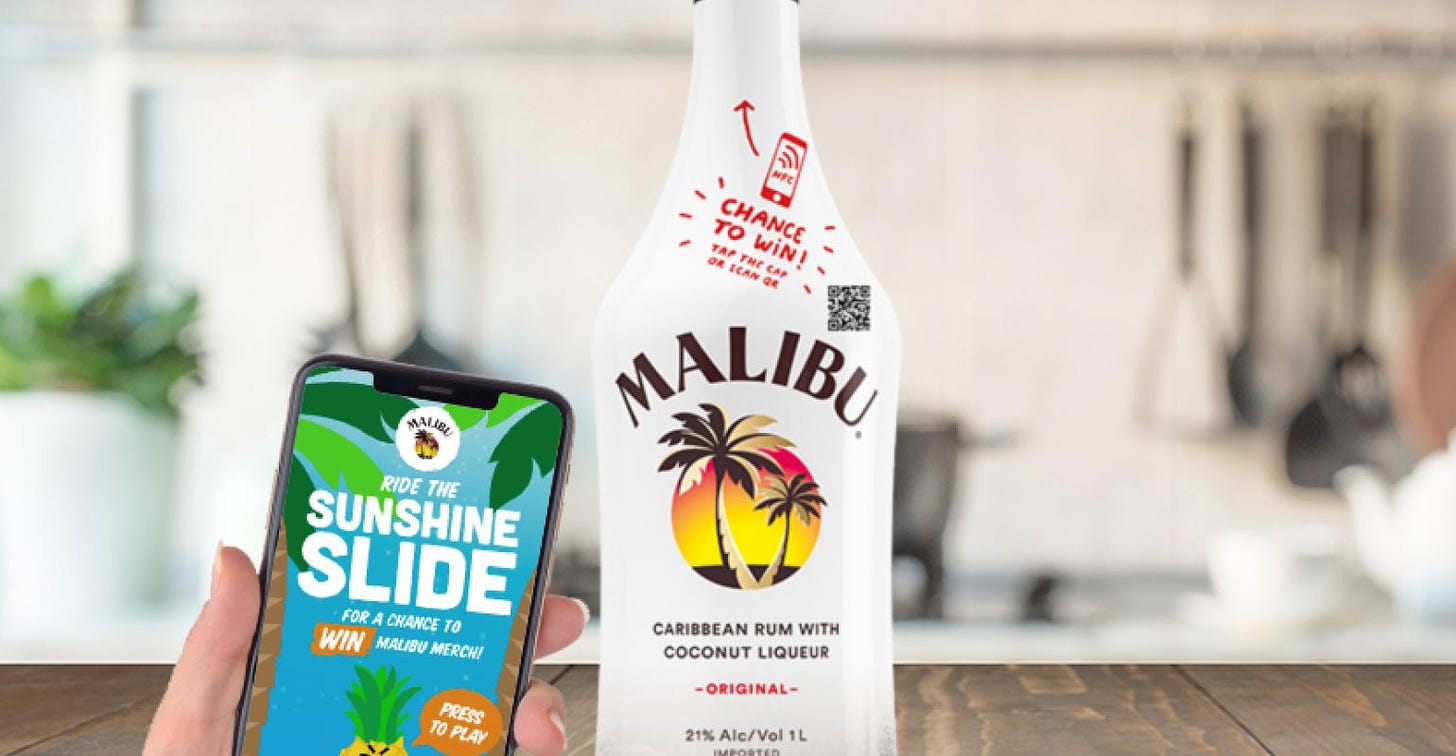
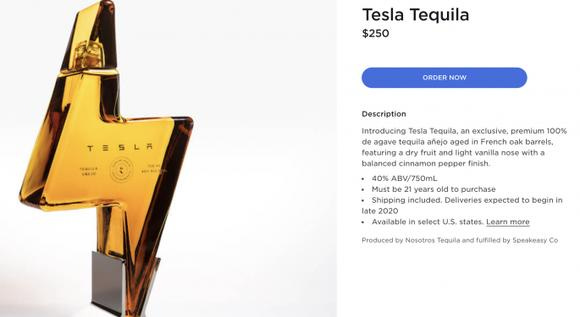
Awesome, really enjoyed reading this and the part about talking to the bottles and getting no response really resonated with me (lol).
Being in Ghana as it is, I am thinking of how this system can be tailored to match the market here considering that alcohol is not as regulated here as I assume it to be regulated in the USA which means that perhaps there is a chance that manufacturers here supply direct to the consumers.
Any insights on this would be great.
I am definitely subscribing. Looking forward to more amazing articles. Cheers